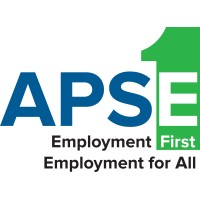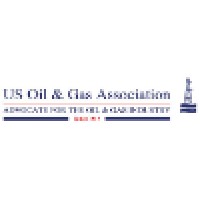
APSE - Association of People Supporting EmploymentFirst
APSE is the only national organization with an exclusive focus on integrated employment and career advancement opportunities for individuals with disabilities. APSE has been a leader on Employment First, and continues to be a strong, clear and consistent voice demanding that every individual with a disability have the same opportunities for employment as every other citizen. APSE has state chapters in 38 states. Our members come from all 50 states and Puerto Rico, as well as several foreign countries.






